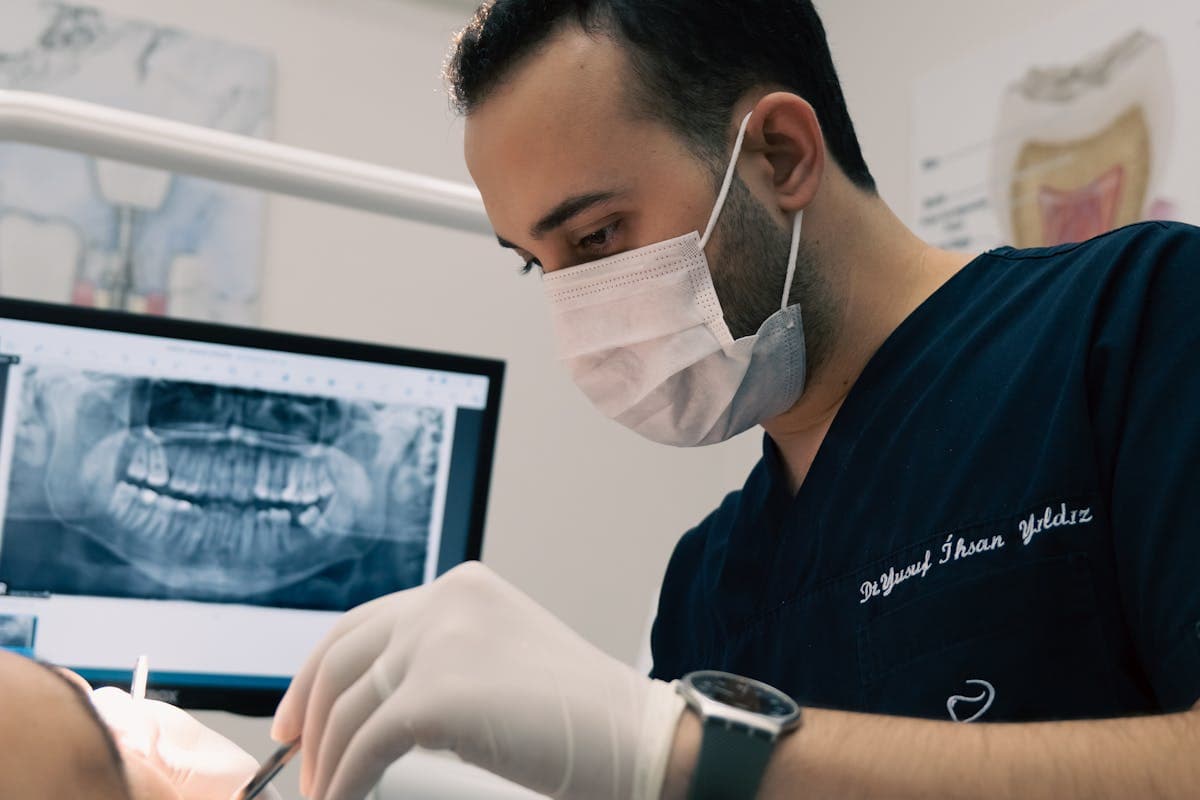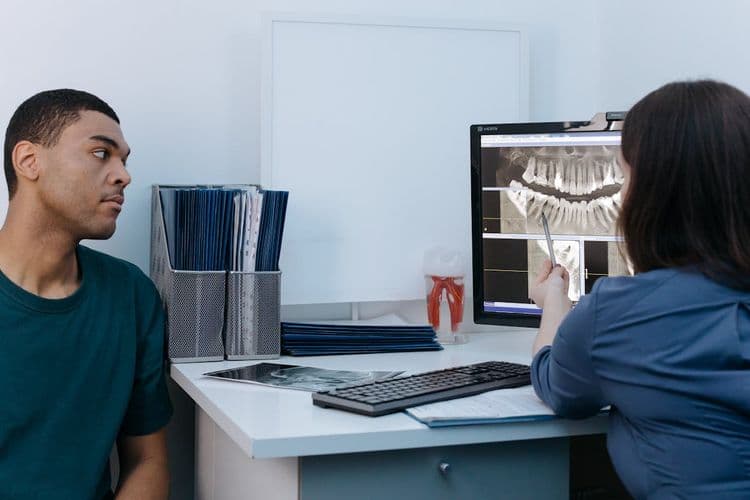The phenomenon of experiencing a jaw-crunching noise in the ear, typically associated with temporomandibular disorders, is a subject often overlooked. This noise, a result of jaw misalignment and temporomandibular joint dysfunction, can lead to symptoms like ear discomfort, jaw pain, and challenges in opening the mouth. A variety of factors, including stress, dental health, and genetic predisposition can intensify the condition, underscoring the necessity of accurate diagnosis and effective treatment. As we progress, we will explore deeper into the causes, potential remedies, and preventative measures for this intriguing, yet disconcerting auditory experience.
Understanding the Ear Anatomy
The complex structure of the human ear plays a pivotal role in our ability to perceive sound. Three primary sections comprise the ear structure: the outer, middle, and inner ear. Each segment contributes critically to auditory function. The outer ear captures sound waves, channeling them through the ear canal to the eardrum. The middle ear, housing the ossicles - the body’s smallest bones, transfers these vibrations to the inner ear. The conversion of these mechanical vibrations into electrical signals takes place in the cochlea of the inner ear. The auditory nerve then transmits these signals to the brain for interpretation. Understanding this structure reveals the intricacy of our auditory function and how it can be affected by various factors, such as the jaw crunching noise.
What’s Behind the Jaw Crunching Noise?
The origin of the jaw crunching noise, often reported by patients, can be attributed to various causes that warrant thorough investigation. One significant cause to evaluate is Temporomandibular Disorder (TMD), a complex condition that affects the joint and muscles responsible for jaw movement. The question to reflect on is whether this noise is merely a symptom or an independent condition that necessitates specific attention and treatment.
Causes of Jaw Noise
A significant number of individuals experience an unsettling crunching noise in their jaw, a condition that raises concern and curiosity about its origin. This phenomenon is often linked to jaw alignment and dental health. Misaligned jaws, often resulting from genetic factors or trauma, can lead to uneven pressure distribution during jaw movements, thereby causing the crunching sound. Additionally, poor dental health can lead to the degradation of the temporomandibular joint (TMJ), which connects the jawbone to the skull. This degradation can cause changes in jaw opening and closing patterns, resulting in the audible crunching noise. It’s essential to take these factors into account when investigating the cause of these sounds, to guarantee accurate diagnosis and effective treatment planning.
Exploring Temporomandibular Disorder
Temporomandibular disorder (TMD) often lies at the heart of that unsettling jaw crunching noise. This condition occurs when there’s a dysfunction in the temporomandibular joints and the muscles controlling jaw movement. One common cause of TMD is the misalignment of the jaw, which can lead to uneven pressure when opening and closing the mouth, resulting in a crunching noise and discomfort.
Stress management is vital in TMD treatment, as stress often exacerbates symptoms by causing patients to clench their jaw or grind their teeth. Additionally, addressing jaw alignment through orthodontic treatment or physiotherapy can greatly reduce symptoms and improve quality of life. Understanding TMD and its possible treatments is essential for those experiencing persistent jaw noise.
Noise: Symptom or Condition?
Why does a jaw crunching noise occur, and is it a symptom or a condition in itself? The noise - often described as a crunching, grinding, or clicking sound - can be indicative of a condition known as Temporomandibular Joint Disorder (TMJD). This is a complex condition that affects the joint connecting the jaw to the skull. However, the noise itself is more accurately described as a symptom of TMJD, not the condition. The noise perception is a subjective auditory experience that can vary considerably among individuals, depending on their auditory health. While some may find the noise mildly irritating, others may experience notable discomfort. As a result, it’s essential to understand this noise as a symptom requiring further medical examination rather than a standalone condition.
Common Symptoms Associated
Manifestations of jaw crunching noise in the ear often extend beyond the auditory annoyance. This symptom, clinically known as Crepitus, is usually accompanied by a set of related signs. Commonly, individuals report ear discomfort, varying from a persistent dull ache to sharp, intermittent pain. This discomfort can fluctuate with jaw movement, intensifying during activities such as chewing or yawning. Concurrently, jaw pain is another prevalent symptom, often described as a throbbing sensation or stiffness in the jaw joint area. Some patients may experience difficulty in opening their mouth wide or a ‘locked’ jaw feeling. Additionally, headaches, dizziness, and a sensation of fullness in the ear may also be present, further complicating this complex condition.
Potential Causes of This Phenomenon
In understanding the jaw crunching noise in the ear, it is essential to investigate its potential causes. The phenomenon is often associated with changes in jaw movement or alterations in ear pressure. One leading cause can be Eustachian tube dysfunction, where the tube that regulates pressure in your middle ear malfunctions, leading to a feeling of fullness or unusual noises. Another potential cause is the normal functioning of your temporomandibular joint as it opens and closes, particularly if this action is exaggerated due to habits such as teeth grinding. Finally, certain medications or health conditions, like high blood pressure, can cause perceptible noise in the ear. Each cause presents a unique set of challenges for diagnosis and treatment.

Link Between TMJ Disorder and Ear Noise
While it may seem unrelated at first, there is a significant association between temporomandibular joint (TMJ) disorder and the noise one may perceive in the ear. TMJ disorder, affecting the joint that connects the jaw to the skull, can create sounds that are interpreted as coming from within the ear due to their proximity.
Tinnitus, a perception of noise or ringing in the ears, is often reported in patients with TMJ disorders. The exact mechanism remains unclear; however, it is believed that the dysfunction of the joint can trigger auditory symptoms.
Maintaining ear health is essential in these cases, and TMJ therapy has been shown to alleviate not only the joint symptoms but also the associated ear noise, providing dual benefits.
Diagnostic Procedures for Identifying the Cause
How does one identify the root cause of jaw crunching noise in the ear? The process usually begins with a thorough medical evaluation. It involves an extensive patient interview to gather important information about symptoms, lifestyle, and medical history. This is followed by a detailed physical examination focusing on the jaw and ear. Diagnostic imaging such as X-rays, CT scans, or MRI might be employed to get a deeper insight into the anatomical structures of the jaw and surrounding areas. These images can reveal abnormalities like misaligned jaw joints or degenerative changes in the bone that could be causing the noise. Lab tests may also be conducted to rule out systemic diseases. Therefore, a combination of medical evaluations and diagnostic imaging provides a detailed analysis to identify the cause.
Effective Treatments Available
Given the potential discomfort and annoyance caused by jaw crunching noise in the ear, it is essential to understand the effective treatments available. Natural remedies can offer considerable relief. Gentle jaw exercises, for instance, can help in reducing symptoms. Additionally, nonsteroidal anti-inflammatory drugs (NSAIDs) may be recommended to decrease inflammation and manage pain. In cases where these approaches do not provide sufficient relief, surgical options are available. Arthrocentesis, a procedure that removes inflammatory debris from the joint, can notably reduce noise. Also, in severe cases, total joint replacement might be necessary. However, these surgical options should be considered as a last resort, after consultation with a healthcare professional.
Lifestyle Changes for Noise Reduction
Although it may seem trivial, making certain lifestyle changes can greatly reduce the occurrence of jaw crunching noise in the ear. One of the key areas to focus on is dietary adjustments. Excessive intake of caffeine and alcohol can exacerbate the ear noise, so limiting these substances can help. Including magnesium-rich foods like almonds, bananas, and dark chocolate can also alleviate symptoms. Another vital aspect to take into account is stress management. High stress levels can contribute to muscle tension in the jaw, leading to the crunching noise. Techniques such as meditation, yoga, and regular exercise can help manage stress and, consequently, reduce the frequency of the unwanted noise.
Frequently Asked Questions
Can Jaw Crunching Noise Lead to Hearing Loss?
While unusual sounds in the jaw may be alarming, it does not typically result in hearing loss. However, it’s essential to monitor your ear health and understand your jaw anatomy to prevent potential complications.
Is This Condition Common in Children or Just Adults?
The prevalence of this condition in children is relatively low. It’s mostly observed in adults due to developmental factors like the maturity of jaw structure and wear and tear from years of usage.
Could This Be a Sign of a More Serious Health Condition?
Yes, persistent crunching noise could indicate a more serious underlying health condition. It may signify jaw disorders or issues related to ear health. It’s advisable to seek professional medical advice for accurate diagnosis and treatment.
Are There Any Home Remedies to Alleviate the Noise?
Yes, there are home remedies. Ear exercises and jaw relaxation techniques can help alleviate the noise. These include gentle jaw stretches and movements, as well as focusing on reducing stress that may contribute to jaw tension.
Can Stress or Anxiety Exacerbate the Jaw Crunching Noise?
Yes, stress or anxiety can intensify perceived auditory disturbances. Effective stress management and anxiety relief techniques, such as deep breathing exercises and mindfulness, may help in reducing the severity of such symptoms.


